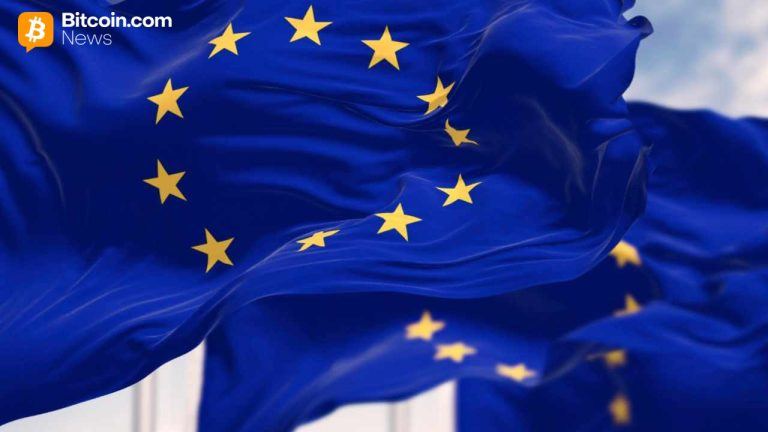
Europe is currently at the center of a digital privacy showdown, with the popular messaging app Telegram issuing a warning to its millions of users about a proposed European Union regulation that could potentially mandate message scanning across all platforms. This development has ignited a fierce cross-border backlash, uniting nations in defense of online freedom.
The EU proposal in question has raised significant concerns among tech companies and privacy advocates. If implemented, the regulation would require messaging apps to scan all private messages for potential illegal content, thereby infringing on users' privacy and compromising the security of their communications.
Telegram, known for its strong stance on user privacy and encryption, has taken a proactive approach by alerting its vast user base about the potential implications of the proposed law. The app, which boasts millions of users in Europe and beyond, has urged its community to voice their opposition to the regulation, highlighting the threat it poses to online freedom.
The alarm raised by Telegram has resonated widely, sparking a united response from various European nations in defense of digital privacy rights. The proposed regulation has galvanized a collective effort to push back against what many perceive as a dangerous encroachment on civil liberties in the digital sphere.
The privacy battle unfolding in Europe underscores the growing tension between governments seeking to enhance security measures and tech companies striving to protect user privacy. The debate over the balance between security and privacy has been a longstanding issue, and the proposed EU regulation has reignited this contentious conversation on a broader scale.
As the digital landscape continues to evolve, the protection of user data and privacy rights remains a critical concern for individuals, businesses, and policymakers alike. The clash between Telegram and the EU over the proposed message scanning regulation is just one example of the complex challenges facing the digital world today.
In response to the escalating tensions, stakeholders from various sectors are engaging in discussions and advocacy efforts to uphold fundamental rights to privacy and freedom of expression in the online environment. The outcome of this ongoing privacy battle in Europe will have far-reaching implications for the future of digital privacy regulations and the broader landscape of online freedoms.
In conclusion, the warning issued by Telegram regarding the EU proposal to mandate message scanning across platforms has sparked a significant backlash and united nations in defense of online freedom. This development highlights the ongoing struggle to balance security measures with privacy rights in the digital age and underscores the importance of safeguarding fundamental rights in the evolving digital landscape.

Leave a Reply